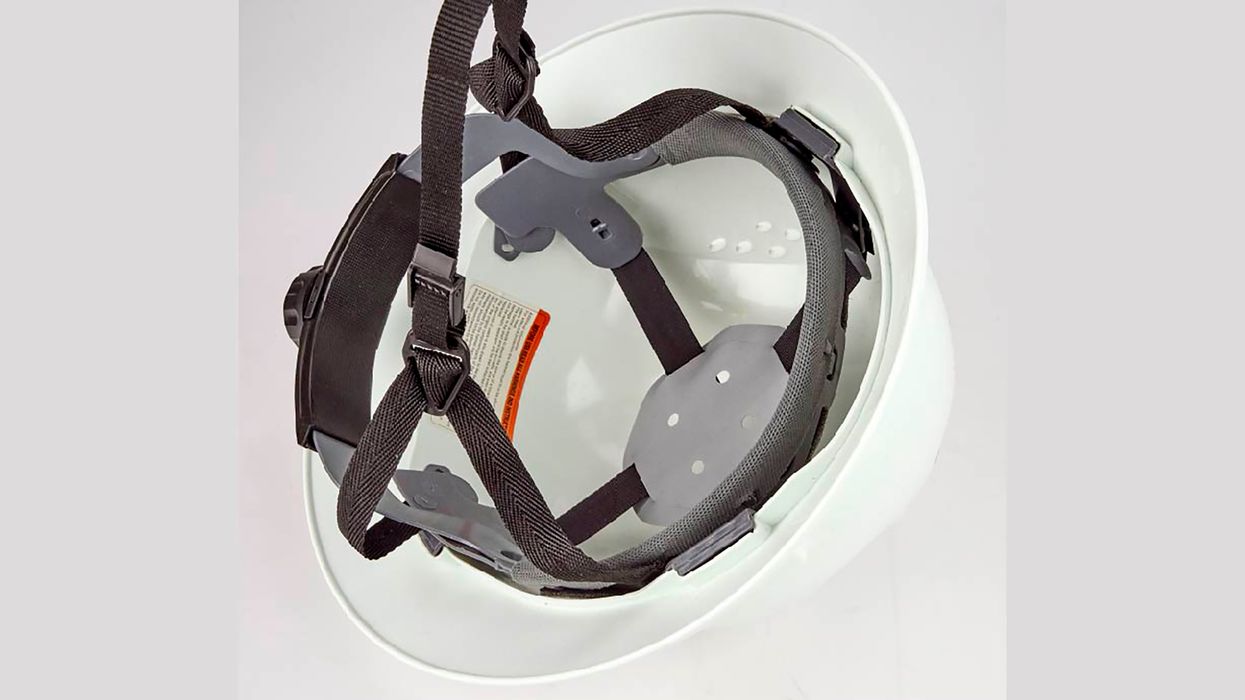Achoo! Does the FMLA cover seasonal allergies?
For many people, allergies can spiral into a serious health condition under the federal Family and Medical Leave Act (FMLA). But whether the FMLA covers time off for this condition depends on several factors.
The National Institute of Health estimates that 15-30 percent of the U.S. population battle hay fever. Although seasonal allergies can strike most any time of year, in the fall, people are more likely to suffer from allergies if they have:
• Asthma,
• Eczema, or
• Other seasonal allergies.
How do employers know if the FMLA applies?
Employers often want a list of conditions that qualify for FMLA, but there isn’t one. The name of the condition or procedure doesn’t determine whether the employee has an FMLA serious health condition. The deciding factor is whether the condition meets the FMLA’s definition.
An FMLA serious health condition is an illness, injury, impairment, or physical or mental condition that involves inpatient care or continuing treatment by a health care provider.
Inpatient care means an overnight (or longer) stay in a health care facility, which probably doesn’t happen to general allergy sufferers. So, employers should move on to the continuing treatment part of the definition.
A serious health condition involving continuing treatment includes the following (not all apply to allergy sufferers):
Yes!
- Chronic conditions: Any period of incapacity (or treatment for) a chronic serious health condition requiring treatments at least twice per year and continuing over an extended period. These may cause episodic rather than continuing periods of incapacity (allergies could apply here).
Maybe?
- Incapacity/treatment: A period of incapacity of more than three, consecutive, full calendar days, and any subsequent treatment that also involves:
- Treatment two or more times within 30 days of the first day of incapacity by a health care provider, or
- Treatment at least once, resulting in a regimen of continuing treatment.
Probably not
- Pregnancy: Any period of incapacity due to pregnancy or for prenatal care (again, probably doesn’t apply to allergy sufferers).
- Permanent illness: A period of incapacity for a permanent or long-term condition in which treatment may not be effective. (e.g., terminal cancer).
- Multiple treatments: Any period of absence to receive multiple treatments (i.e., chemotherapy, radiation, physical therapy, dialysis), for restorative surgery or a condition that would likely result in a period of incapacity of more than three consecutive, full calendar days in the absence of treatment. (again, probably doesn’t apply to allergy sufferers).
Not all parts of the “continuing treatment” FMLA definition applies to people with allergies. An employee’s allergies will likely fall under the chronic condition part of the definition. The employee, however, would need to have had treatment at least twice per year for the condition. If not, the reason would not qualify for FMLA protections. Depending on how bad the allergies are or if they morph into something more serious, they could fall under the incapacity/treatment part. They likely won’t fall under the other parts.
Employers may request a certification supporting the need for leave, and it should say whether the employee has an FMLA serious health condition or not, including what treatment the employee received.
Key to remember: There is no list of conditions or procedures that qualify for FMLA leave. Employers must apply the definition. A certification will help make this determination as it has information that follows the definition.
























































